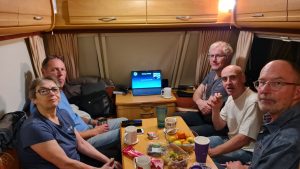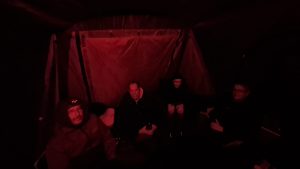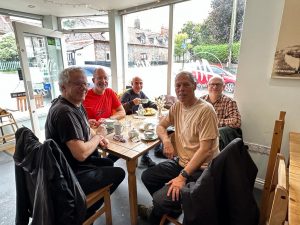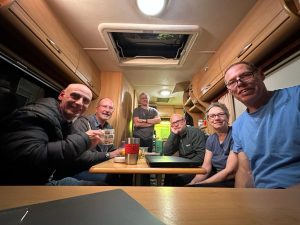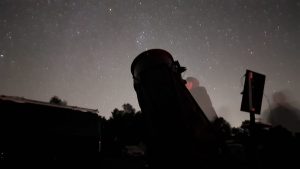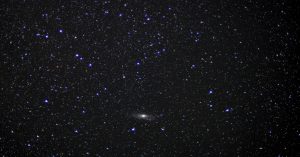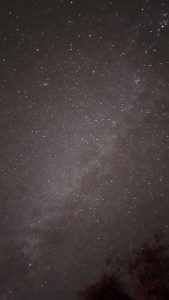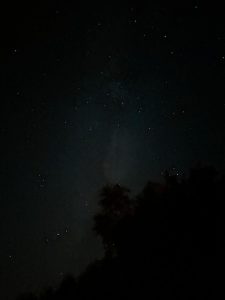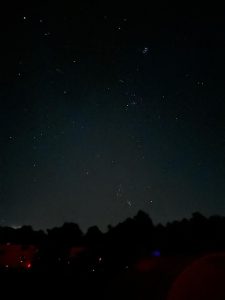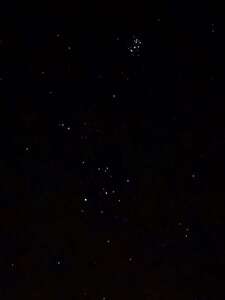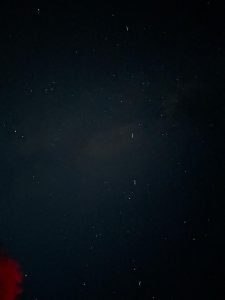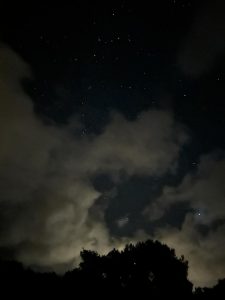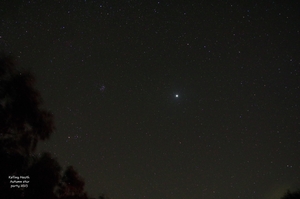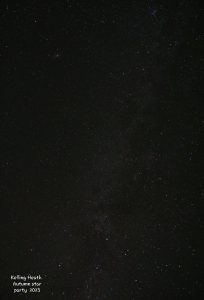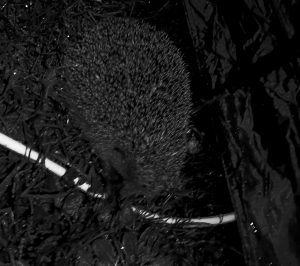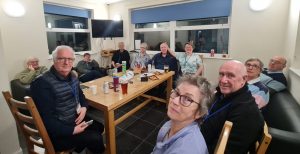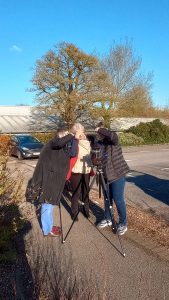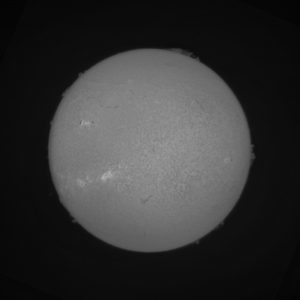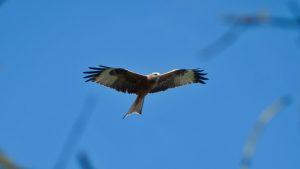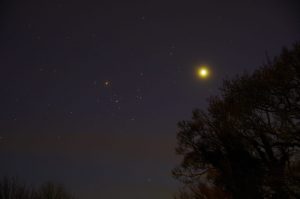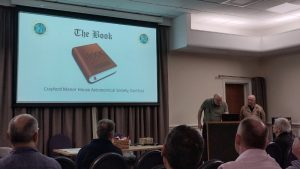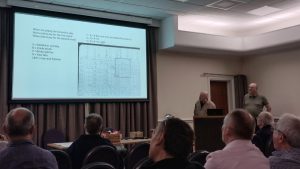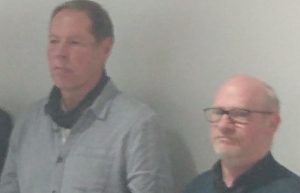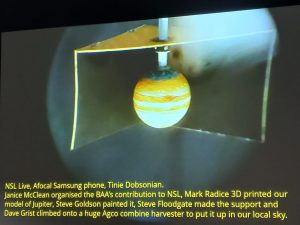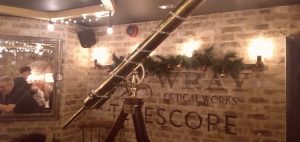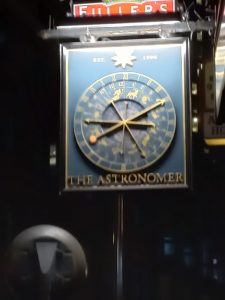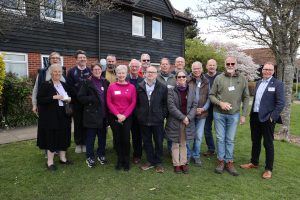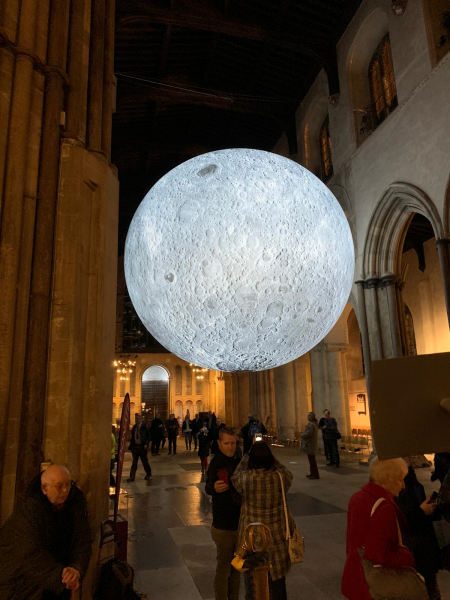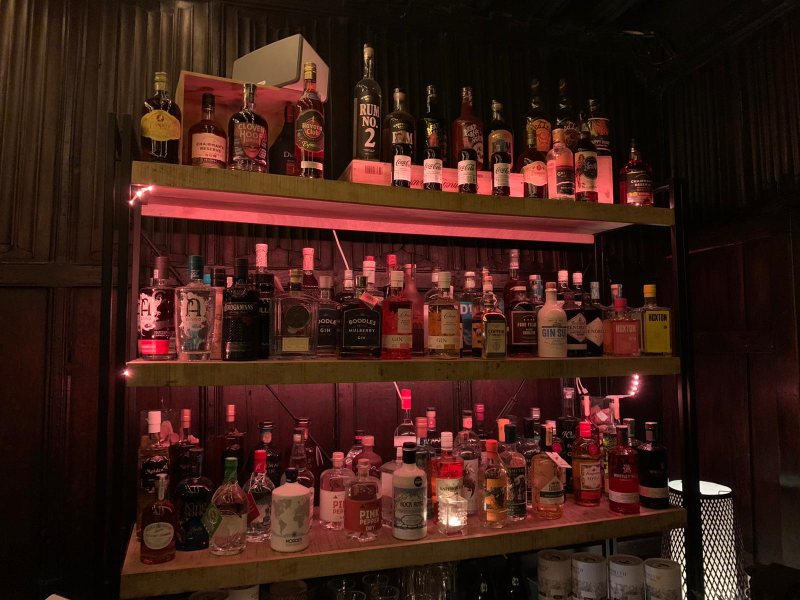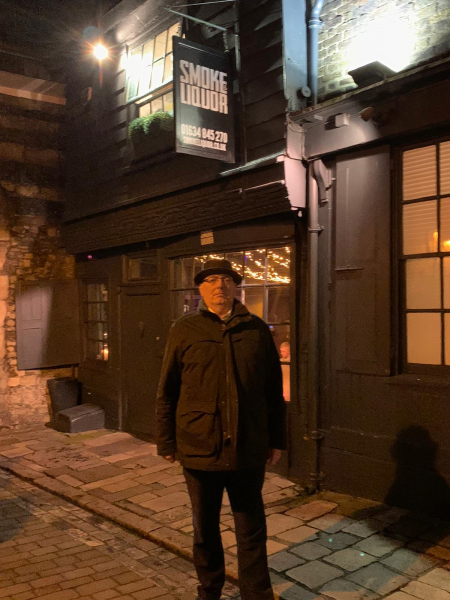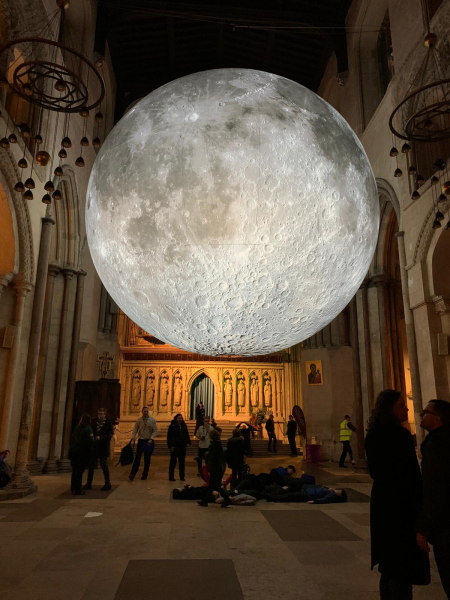2023 October 21/22
Aristotle University of Thessaloniki, Greece
3rd ExoClock Annual Meeting
CMHASD trustees Martin Crow, Simon Dawes and Dr Mike Rushton attended the 3rd Annual Conference of ExoClock in Greece, a project to improve the ephemeris of exo-planet transits for the European Space Agencies, Aerial Mission, due to launch in 2029.
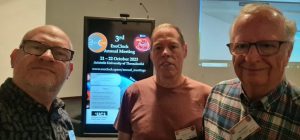
During the conference Martin and Simon were awarded ‘Silver Awards’ for reaching over 100 successful ExoClock observations. Congratulations Martin & Simon!
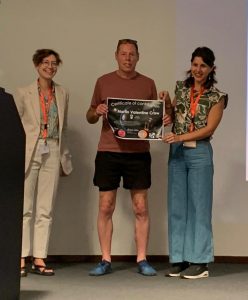
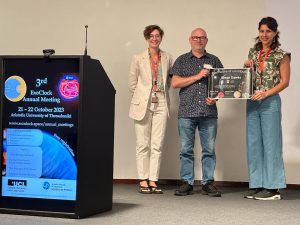
Below are 2 accounts of the trip written by Martin and Simon.
Martin wrote ''When this year’s annual meeting was announced and that it was going to be in Greece, it felt that it was important to attend in person. The previous in person meeting, the first one since lock down, had been held at UCL in London. Because the project is international the annual meetings are a rare opportunity to meet other like-minded observers who we only normally see over Zoom.
Simon (who is also a regular contributor to ExoClock) and Mike (who is interested in the project and has done some transits with his EvScope) also come along.
We flew out on the Thursday which give us a free day to explore Thessaloniki before the weekend meeting. Our hotel was well placed in the middle of Thessaloniki although it was on a busy road junction.
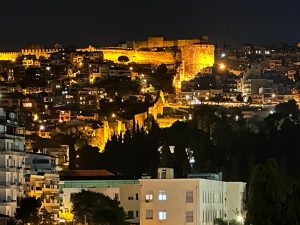
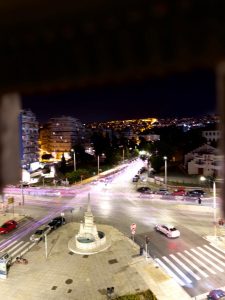
I knew nothing of the place before we went. It is steeped in history and in cats. Yes cats. They were everywhere.
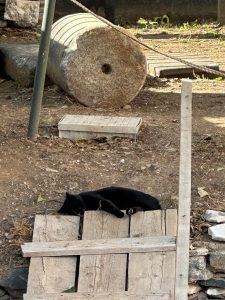
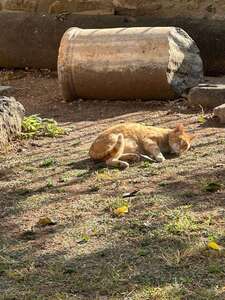
The Museum of Archaeology showed off the amazing finds of stuff made in and around Thessaloniki generally between 2000 and 2400 years ago. Delicate pottery and intricate gold jewellery, which had only survived because they were grave goods, were on display. The workmanship was incredible.
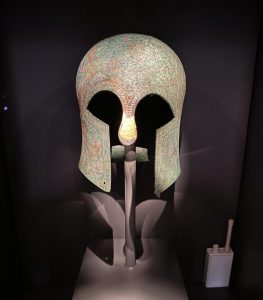
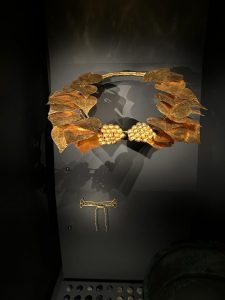
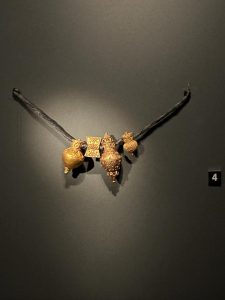
We also visited the White Tower (Middle Ages), the Rotunda (Roman) still with its domed roof and some of the massive city walls.
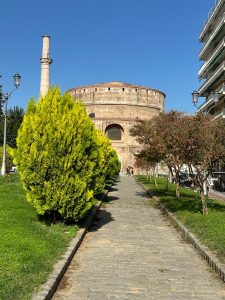
The weather was warm and there were plenty of restaurants to choose from. We took advice from the locals and kept away from the main tourist drags. The food was good, not expensive, and the portions were large. What not to like – providing you are not a vegan or veggie – there was a lot of meat.
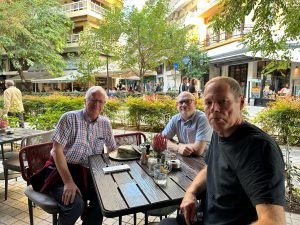
The location of the meeting was just a 15-minute walk from the hotel.
The Saturday meeting kicked off with an Introduction given by Anastasia Kokori from UCL and various talks followed about the science surrounding the Ariel space telescope, the evolution of hot Jupiter's and the possible use of machine learning with charting exoplanets.
After lunch there were more talks about Ariel and ExoClock. Following on from afternoon tea were more talks relating to the ExoClock project. Some were better than others.
On Sunday the day started off with talks from students taking part in ExoClock and using its data.
There were then two short talks given by amateur astronomers. One of them was me. The brief was to talk about our experience of being involved with the ExoClock project. I described when I had first got started and the positive and supportive aspects of the software and project in general. I finished by putting it all into context, that is to say, how it allows me as an amateur astronomer to contribute to an area that is a frontier of astronomical research. Awesome.
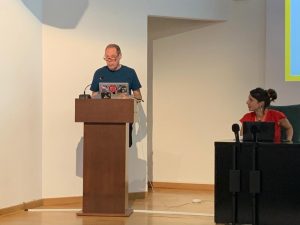
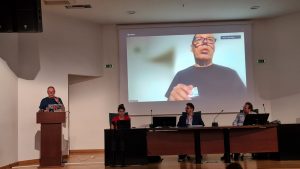
After the coffee break there were some very interesting talks/discussions about the focus groups and, also, education outreach in schools.
Finally, after lunch, there was more on the working groups some of which, I have to say, that I struggled to follow. Plus, it had been a long day!!
What I liked about the talks was that they were not too long, mostly 20-minutes. This is a good length and kept my attention, any longer and I would be drifting off. I found most of the topics interesting with fresh information on top of what I already knew.
All in all, a very worthwhile trip.''
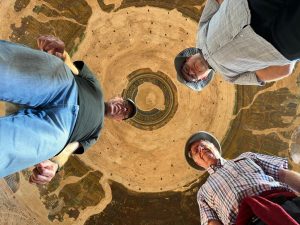
Simon wrote ''We arrived on Thursday evening, and after dinner at a traditional Greek Taverna (ταβέρνα in Greek) we headed back to the hotel for Tea, in time to ‘zoom in’ to the societies lecture by Paul Money on the Vikings on Mars.
The following day was dedicated to sightseeing, Thessaloniki Archaeological Museum, The Arch of Galerius, The Rotunda (also commissioned by Galerius in the 4th Century AD), The Water Front and the White Tower and finally the Roman wall. One day really wasn’t enough for the sights and sites and we only scratched the surface of what Thessaloniki has to offer.
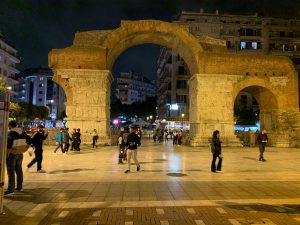
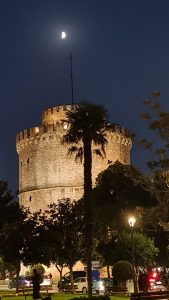
The conference was over 2 days, most lectures being 30 minute in length and ranging from the easy to follow to the latest mathematical, statistical and AI techniques associated with the Aerial and related Space Missions. Including, in one of the talks, a description of 24hrs of wasted Hubble time due to inaccurate exo-planet transit timings, really bringing home the impact amateur astronomers can have in this field by improving these ephemeris. There were also many talks on how MSc students were using exoclock data (hopefully crediting the observers) to understand better the characteristics of these planetary systems.
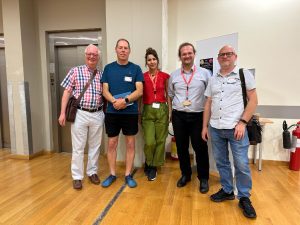
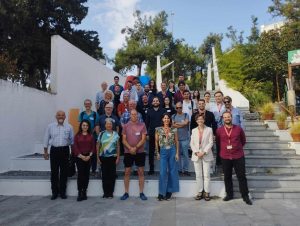
Martin and I were both awarded ‘Silver Awards’ for reaching over 100 successful observations (which is approximately 1000 hours of observing and maybe 300 hours in processing when you also take into account the failures due to weather or equipment issues) by the Principle Investigator (Giovanna Tinetti) and the leader of the Exo-Clock programme (Anastasia Kokori).
We headed home on Monday morning.''
For more information about the conference click here https://www.exoclock.space/annual_meetings
[ngg src="galleries" ids="75" display="basic_slideshow"]








